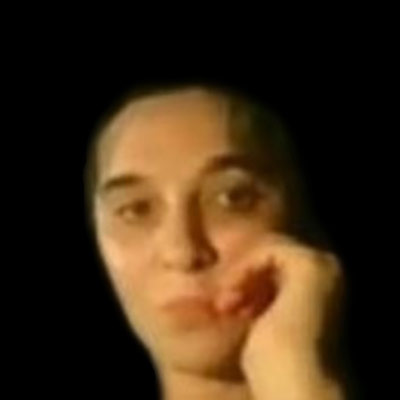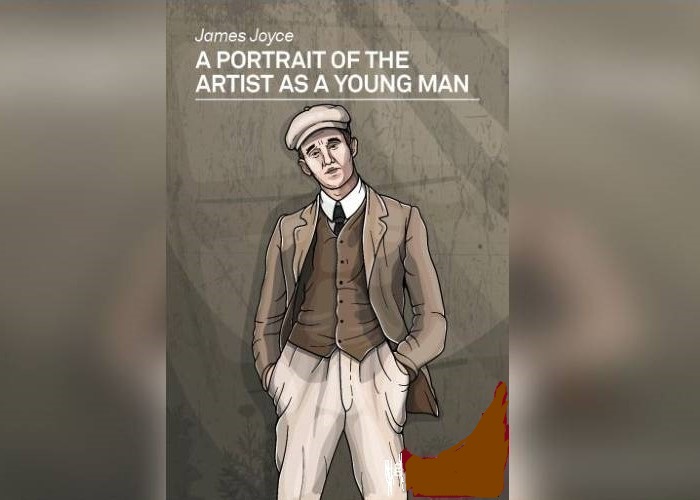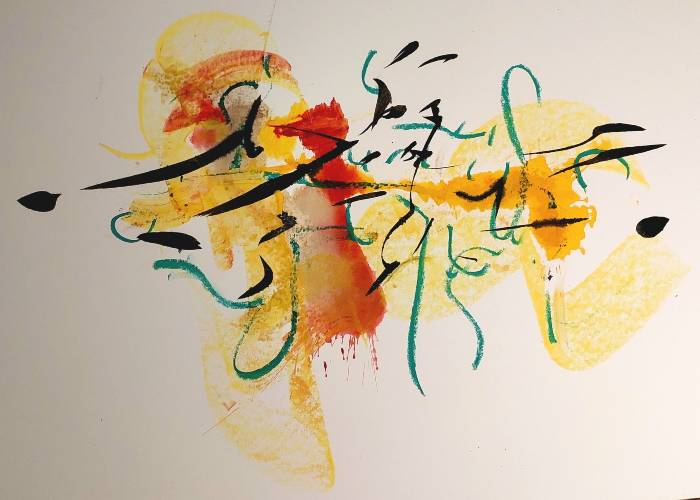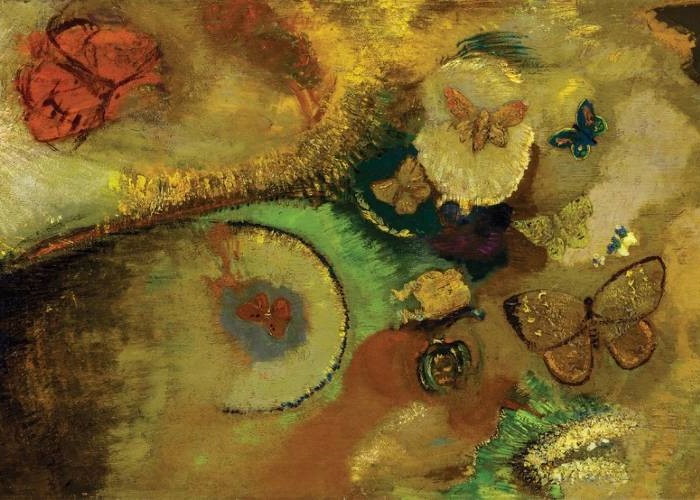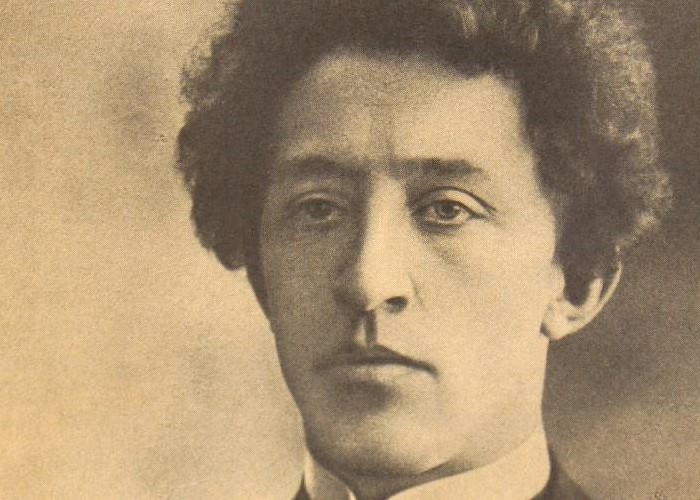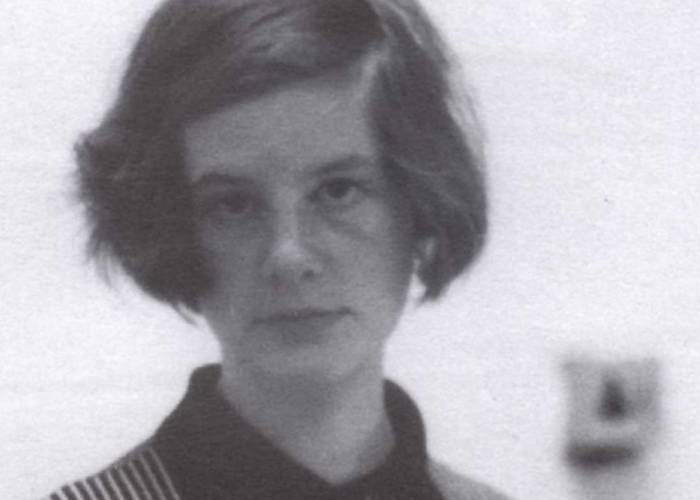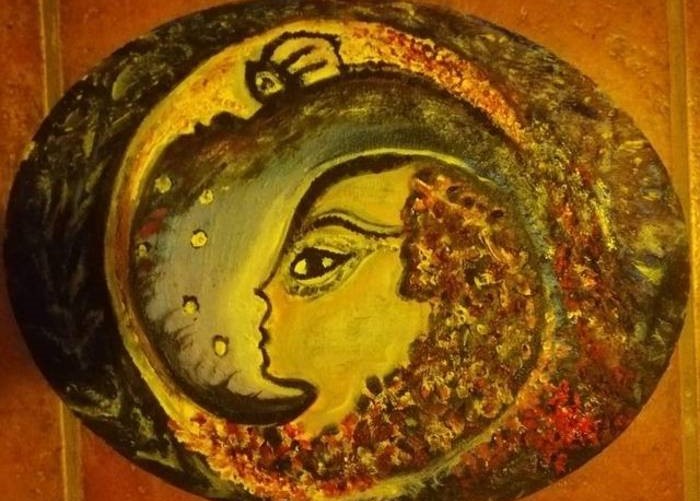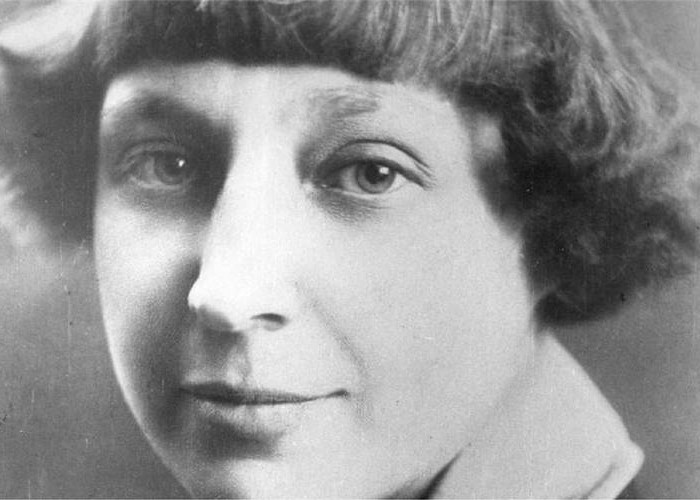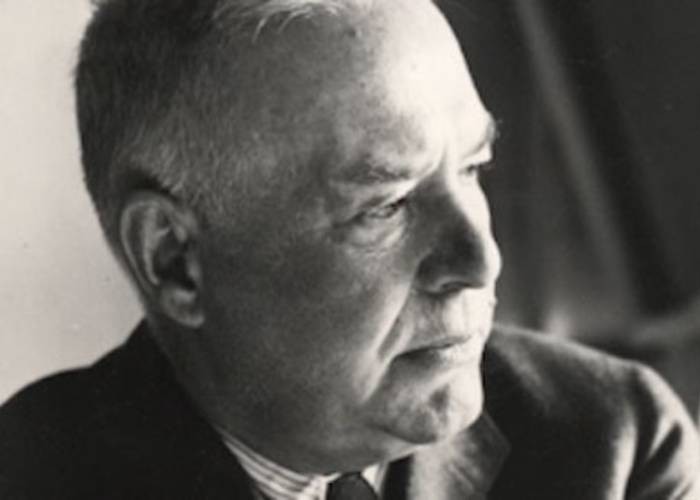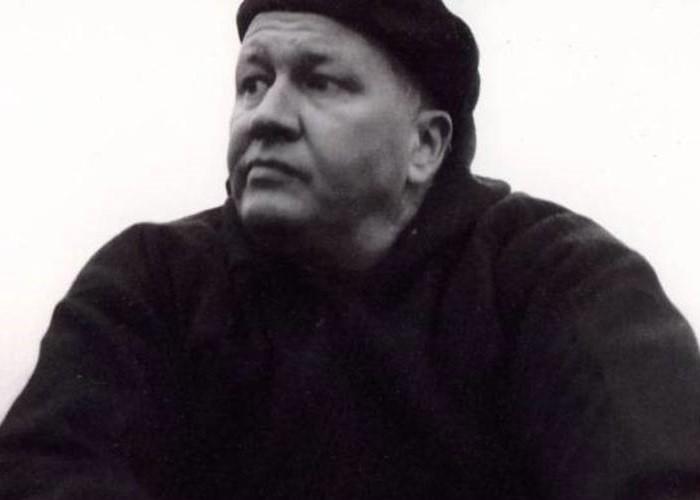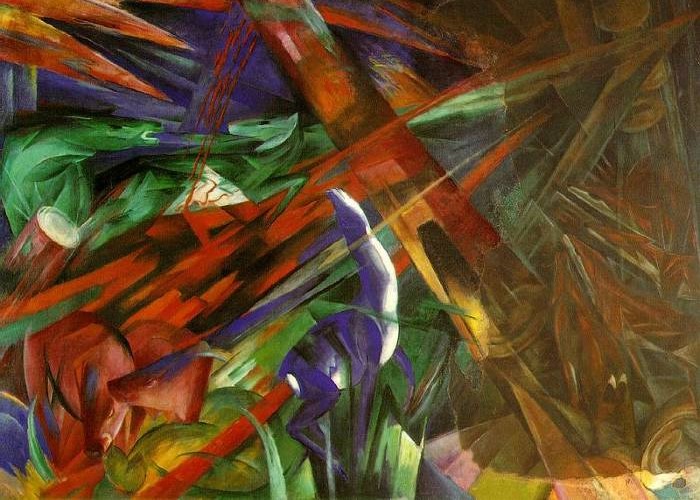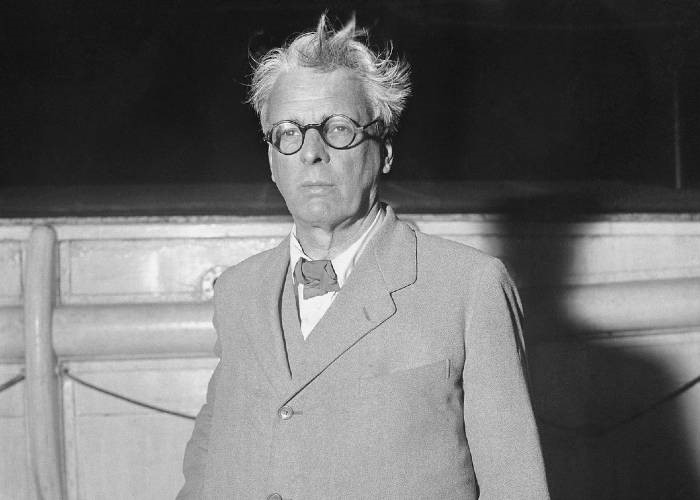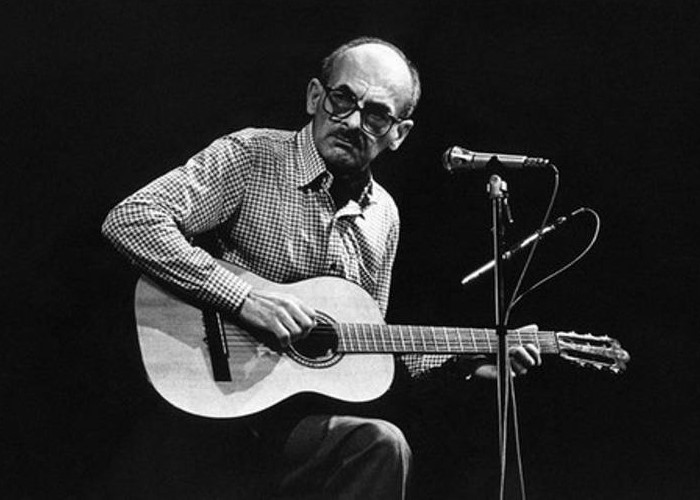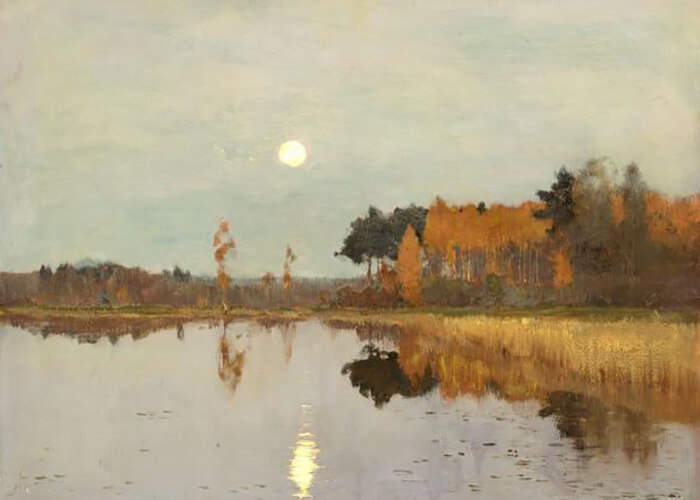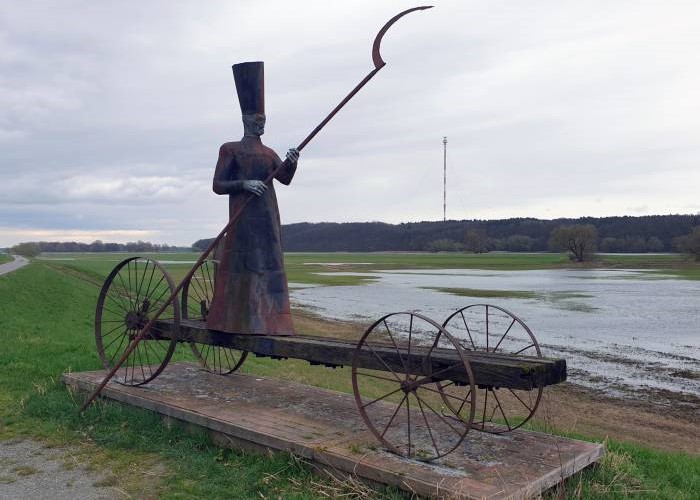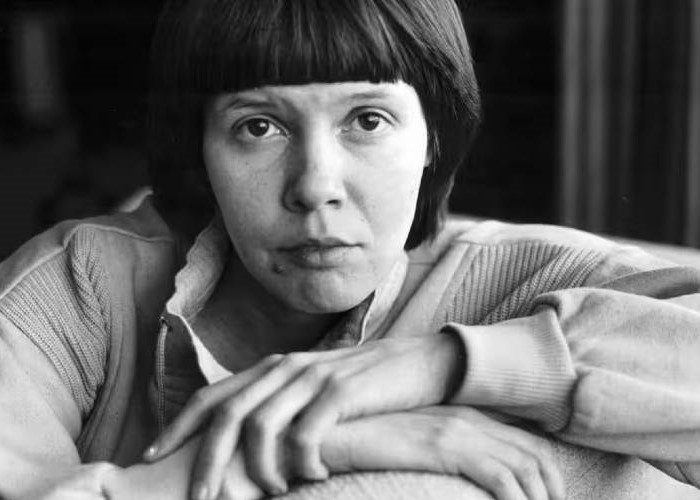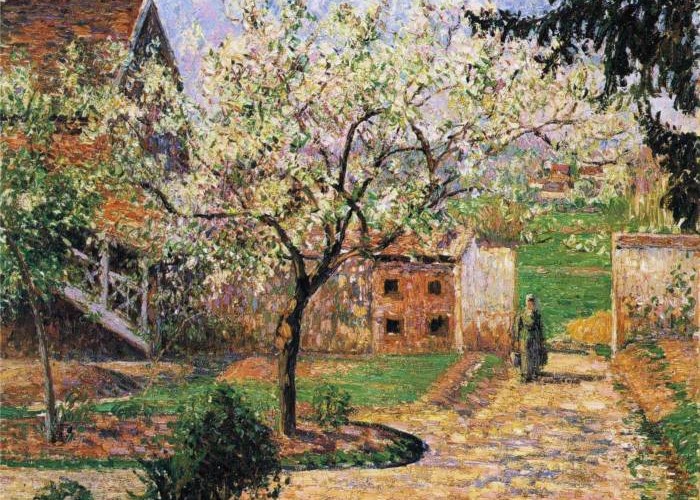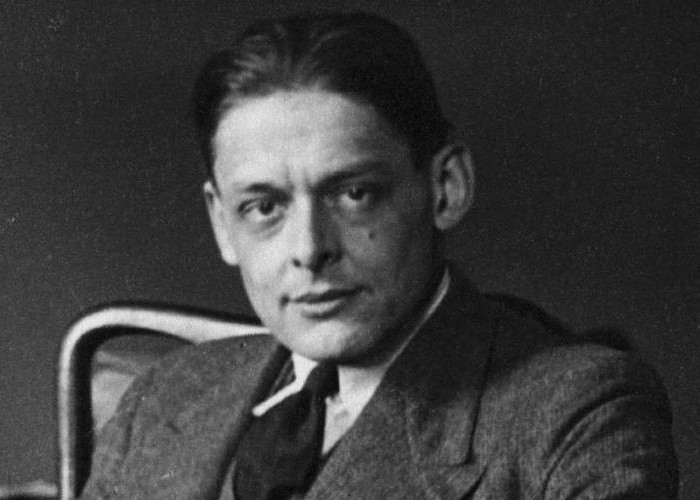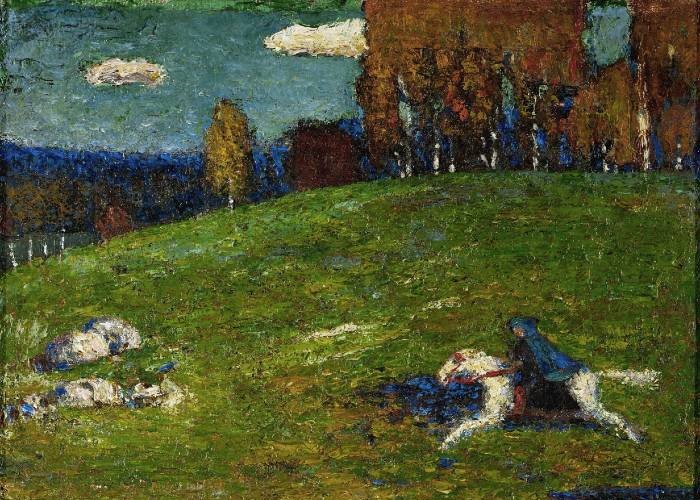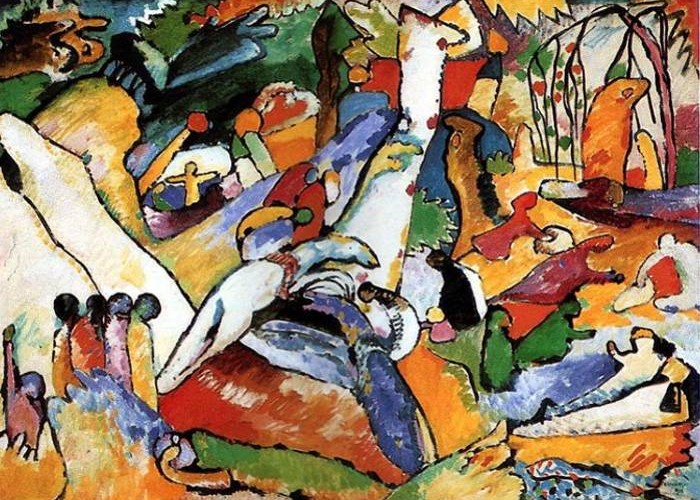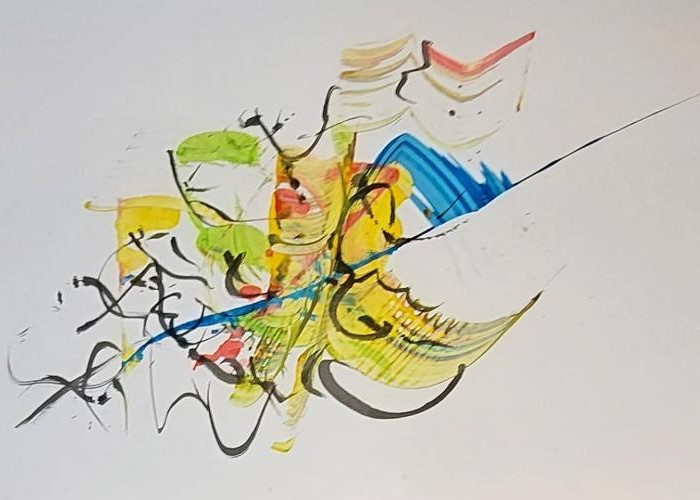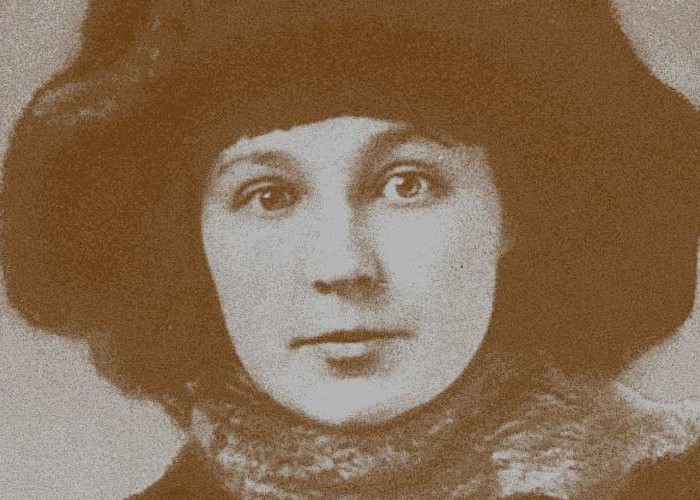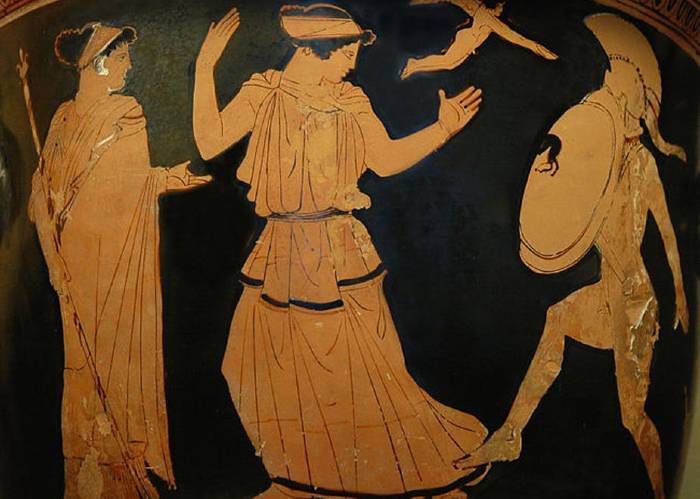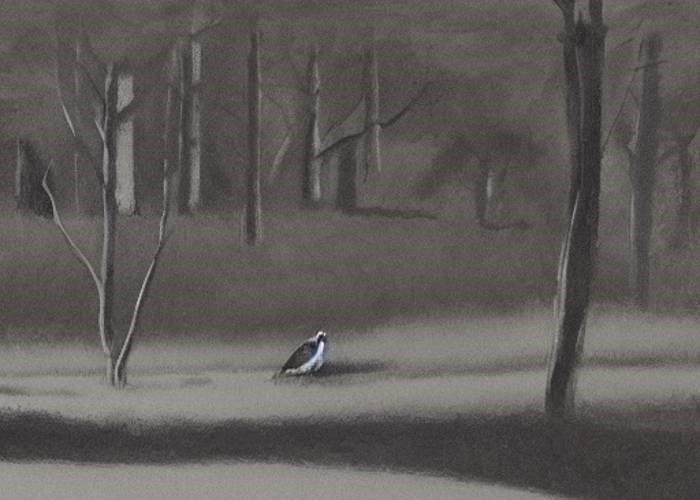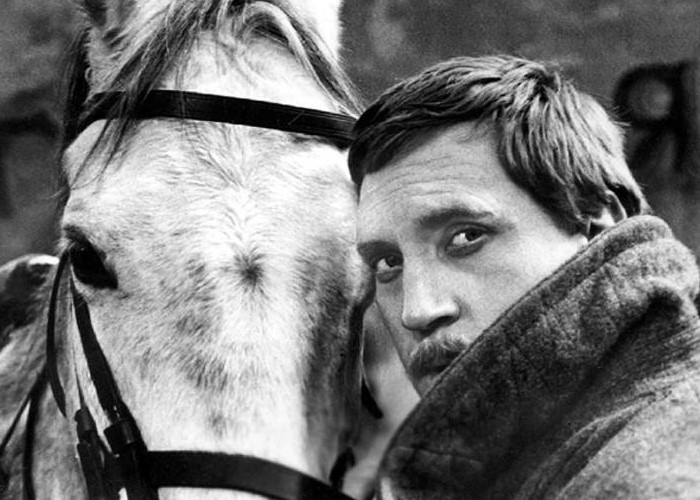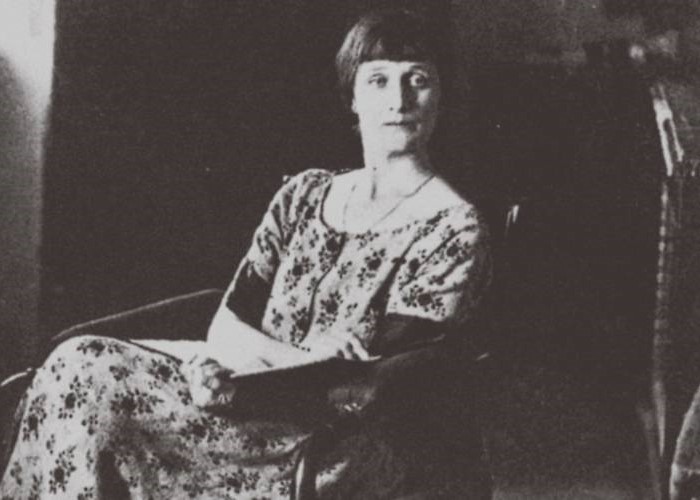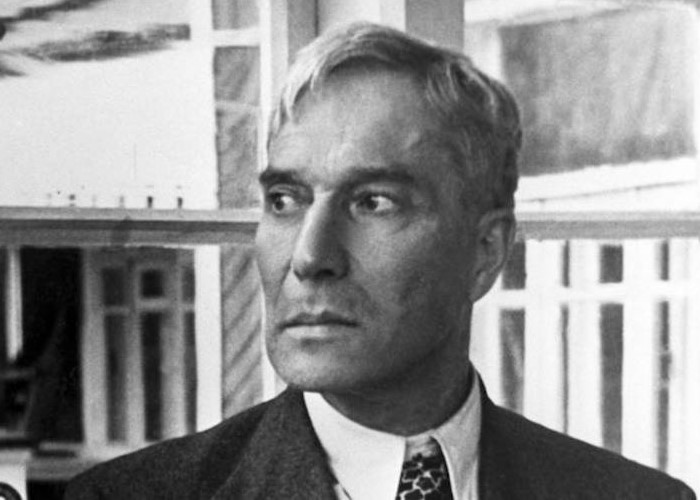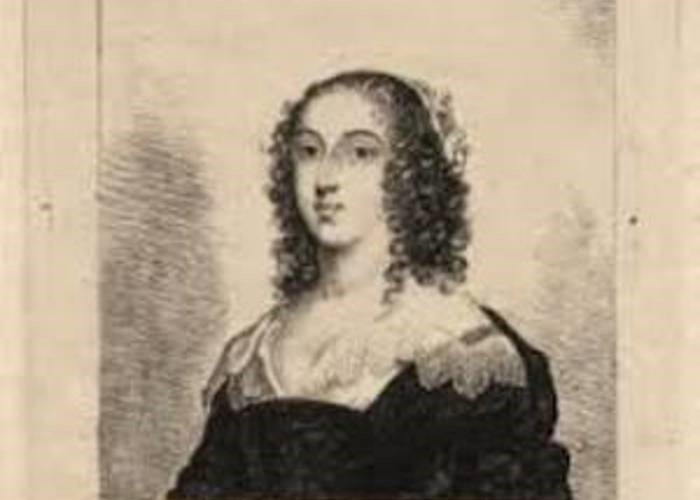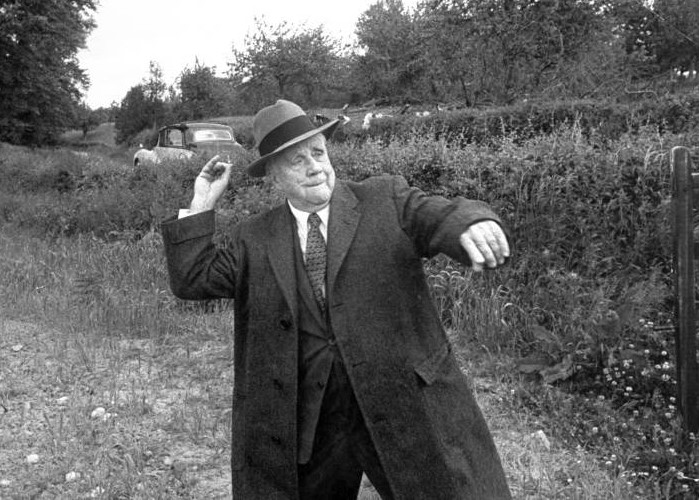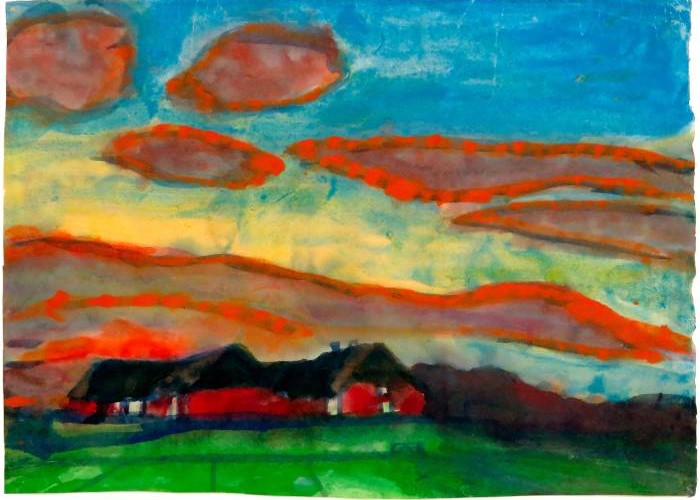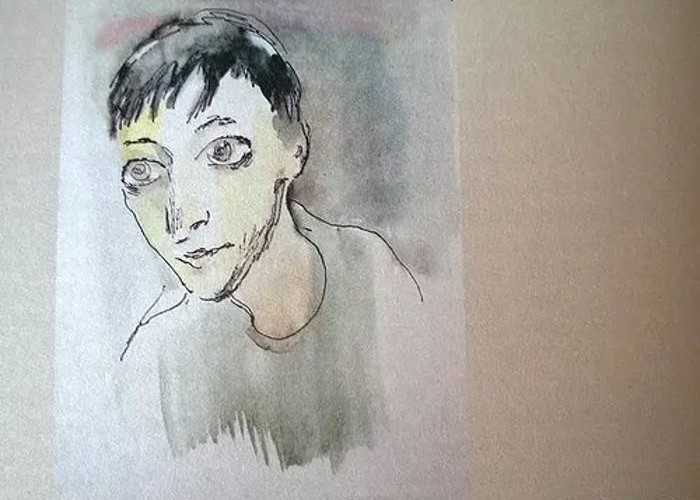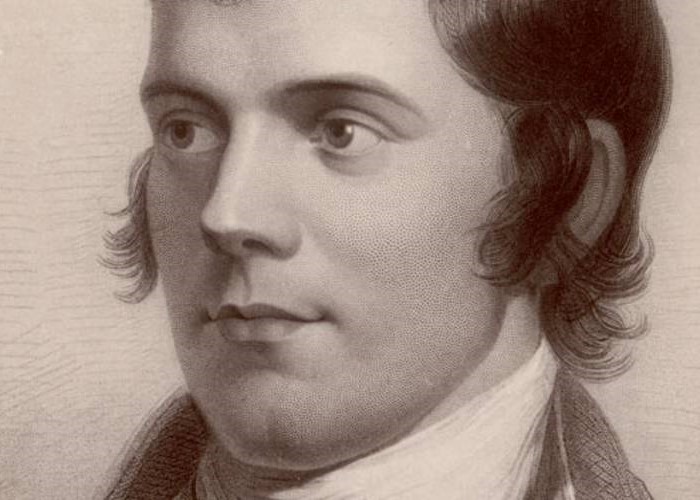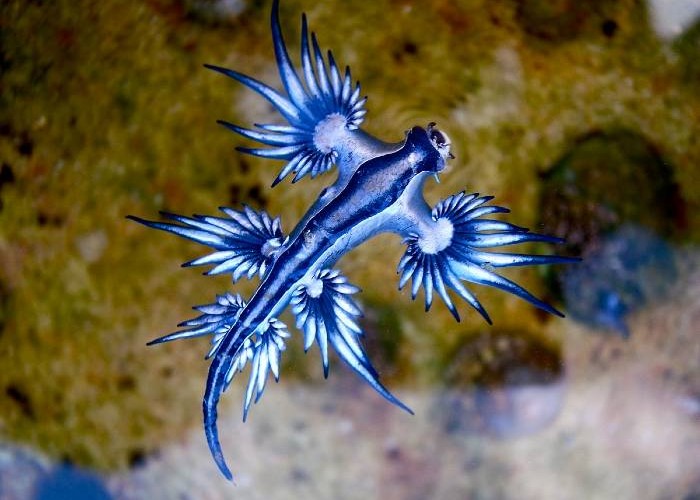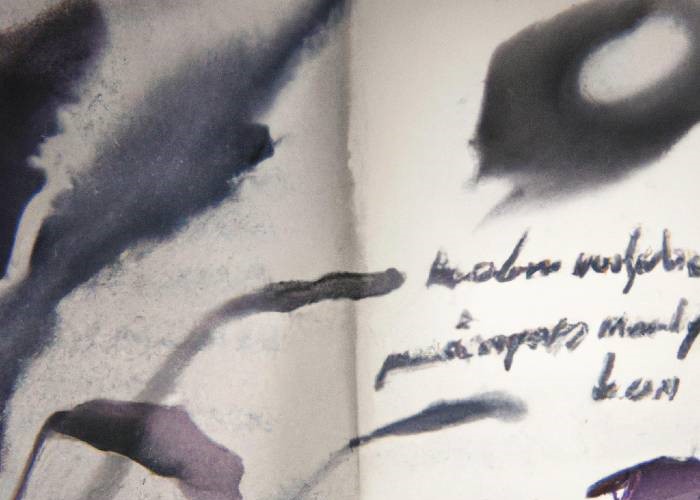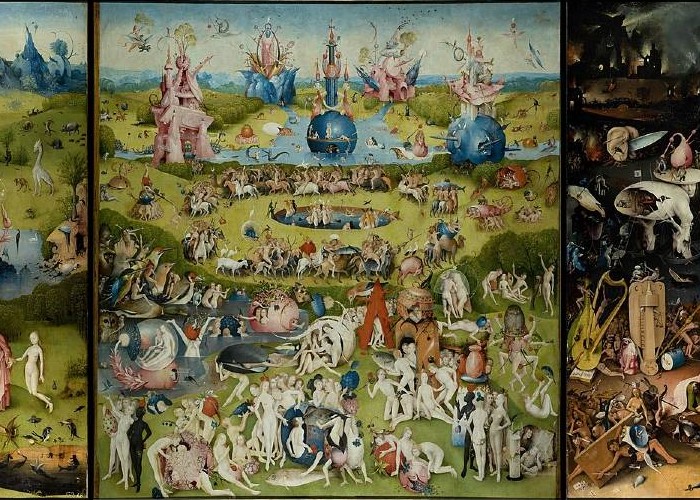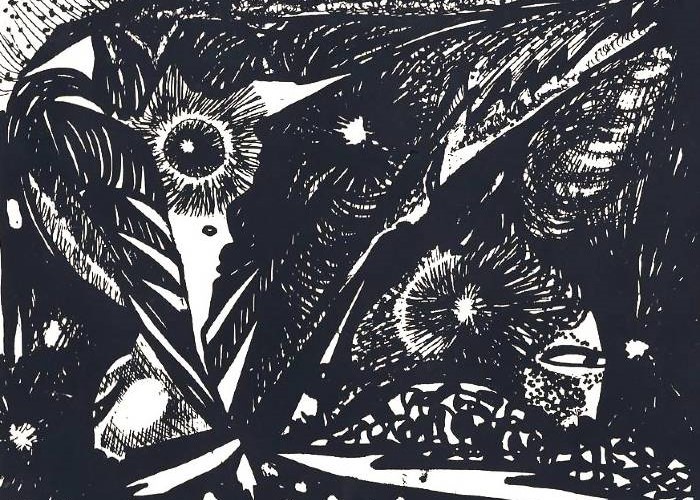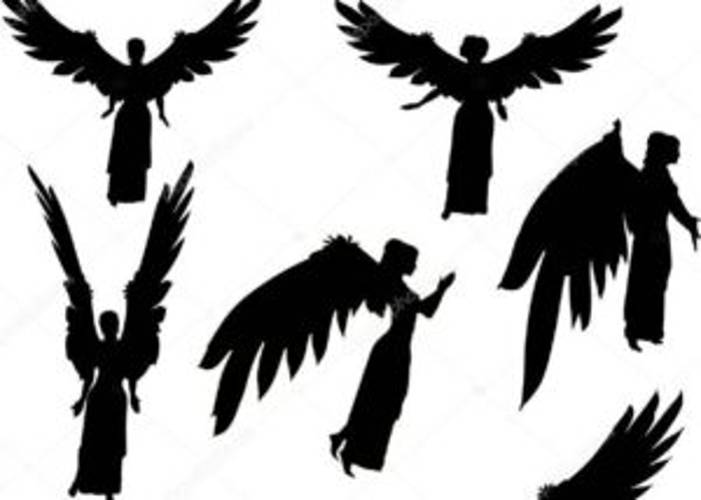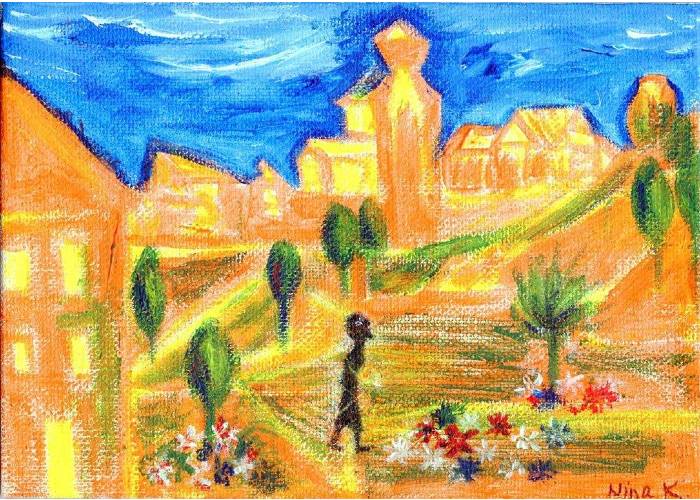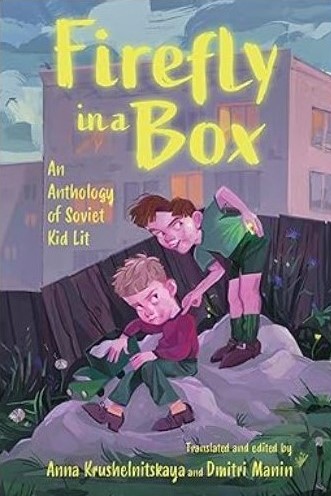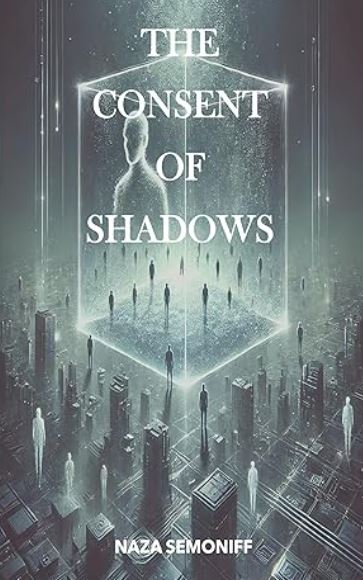BARREN ROCK
How far I had to walk
just to be near you,
barren rock,
all that’s left of the empire
that once ruled the seas,
not to mention the earth,
the entire world known to men
of the past which is now a shadow
known only to lovers of myth,
as well as to ordinary lovers,
to whom you appear in a dream,
as you twice appeared to me,
barren rock.
PIETRA BRULLA
Quanto ho dovuto camminare
solo per esserti vicina,
pietra brulla,
il tutto che rimane dell’impero
che una volta regnava sui mari,
per non parlare della terra,
il mondo intero conosciuto dai uomini
del passato che adesso è solo un ombra
nota solo ad amanti di mito,
come anche ad amanti comuni,
ai quali tu appari in sogno,
come due volte sei apparsa a me,
pietra brulla.
Translated into Italian by Laura Klinkon
* * *
PSYCHE TO EROS
I evoke you but you’re asleep.
I awaken you but you don’t hear.
Your sleeping breath reaches from here to there
In a majestic arc thrown from shore to shore.
When I’m near you, I’m near an ocean:
voices, wave-like, break their will to the ear
Of the mind that only seems asleep.
The intelligence of sleep you’ve given me,
the goodness of thought that comes from
a deeper peace,
from under the static rippling the surface.
To still the surface, I evoke you.
PSICHE AD EROS
Ti evoco ma stai dormendo.
Ti sveglio ma tu non senti.
Il tuo fiato in sonno giunge di quà in là
In un arco maestoso lanciato da riva a riva.
Quando ti sono vicina, sono accanto a un oceano:
voci, come onde, gridano la loro volontà all’orrechio
della mente che solo sembra dormire.
L’intelligenza del sonno che mi hai dato,
la bontà di pensiero che viene da
una pace più pofonda,
da sotto l’increspatura invariata della superficie,
Per calmare la superficie, ti evoco.
Translated into Italian by Laura Klinkon
* * *
POEM WRITTEN DURING AUSTRALIAN BUSHFIRES
Treasure of the world,
little animal boy,
you and you and you,
lone survivors,
wombats and kangaroos,
my love for you is so huge,
let it revive you,
let it give you rain,
let it give you green leaves,
thriving eucalyptus trees galore!
Singed koalas and wallabies;
although I rarely pray,
I pray for you now,
heal, breathe, eat, multiply,
teach us how to save you,
teach us how to live
so no fires can harm you ever.
Why should I belong to the species
that multiplies at your expense,
treasure of our world,
marvel of the far-away continent,
don’t die, little animal boy,
stay, be, teach us,
but don’t forgive us our cruel stupidity.
You hear me?
It’s your turn now:
stay and multiply,
outnumber us.
Live.
POESIA SCRITTA DURANTE GLI INCENDI BOSCHIVI AUSTRALIANI
Tesoro del mondo,
piccolo bambino animale,
tu e tu e tu,
unici scampati,
vombati e canguri,
il mio amore per voi è tanto grande,
lasciate che vi risusciti,
lasciate che vi dia pioggia,
lasciate che vi dia fogli verdi,
rigogliosi eucalipti in abbondanza!
Koala e wallaby scottati;
sebbene prego di rado,
prego adesso per voi,
guarite, respirate, mangiate, moltiplicate,
insegnateci come salvarvi,
insegnateci come vivere
così che nessun incendio vi possa mai nuocere.
Perché devo appartenere all specie
che si prolifera a vostro danno,
tesoro del nostro mondo,
meraviglia del lontanto continente,
non perisci, piccolo marmocchio animale,
rimani, sii, insegnaci,
ma non perdonarci la nostra crudele stupidità.
Mi senti?
Adesso tocca a te:
rimani e moltiplica,
prevali su di noi.
Vivi.
Translated into Italian by Laura Klinkon
* * *
SYMBOLS WORN OUT BY TIME
What is a flower
that never opens?
What is a word
that remains unsaid?
What is a rock
that does not get thrown?
What is an island
that remains uninhabited?
What is a thought
that remains unfocused?
What is a child
that remains unborn?
What is a homeland
that is forgotten?
What is an animal
that becomes extinct?
What is beauty
that is not set apart?
What are eyes
that do not see beauty?
What is a protest
that does not destroy
symbols that dot the landscape?
What is a landscape
that is made of symbols?
What is history
but new meanings
for symbols worn out by time?
SIMBOLI LOGORATI DAL TEMPO
Che cos’è un fiore
che non si dischiude mai?
Che cos’è una parola
che rimane non detta?
Che cos’ è una pietra
che non viene scagliata?
Che cos’ è un’isola
che rimane disabitata?
Che cos’è un pensiero
che rimane imprecisato?
Che cos’ è un bambino
che rimane non nato?
Che cos’ è una patria
che viene dimenticata?
Che cos’ è un animale
che si è estinto?
Che cos’ è la bellezza
che non si distingue?
Che cosa sono gli occhi
che non vedono la bellezza?
Che cos’ è una protesta
che non distrugge
i simboli che punteggiano il paesaggio?
Che cos’è un paesaggio
che è fatto di simboli?
Che cos’ è la storia
se non nuovi significati
per i simboli logorati dal tempo?
Translated into Italian by Marco Praderio
* * *
DAPHNE SPEAKS
I will grow myself quiet leaves
in the difficult silence of chastity.
I will hide in the immense namelessness
though each tree murmurs to him my name.
I am the bed of leaves he can never scorch,
not even with his eyes of fire.
I am the naked face of the flower; a cross.
He cannot escape by reaching me.
The god and the goal; the lover and the loved;
the pursuit and the flight, entwined.
Though a god, he will die in the depths of my bark.
I will glisten his face on my leaves.
Every eagle will have his eyelids.
Every event — his speed.
Each one of the thousand suns
will pursue me as he has chased.
Each one of the symbols of silence
will learn his name I refuse to bear.
I am he: the sun, its immense bowl
pouring out selves as from a fount of chastity.
He is I: the ever-green song in flight,
the sun forever pursuing me.
DAFNE PARLA
Mi farò crescere foglie taciturne
nel silenzio difficile della castità.
Mi nasconderò nell’immensa anonimità,
sebbene ogni albero gli sussurri il mio nome.
Sono il letto di foglie che egli non brucerà mai,
neppure coi suoi occhi di fuoco.
Sono il volto nudo del fiore, una croce
a cui egli non può sfuggire raggiungendomi.
Il dio e la meta; l’amante e l’amata;
l’inseguimento e la fuga, intrecciati.
Sebbene sia un dio, morirà nel profondo della mia corteccia.
Rifletterò il suo volto sulle mie foglie.
Tutte le aquile avranno le sue palpebre.
Tutti gli eventi – la sua velocità.
Ognuno dei mille soli
mi inseguirà, perché egli mi ha dato la caccia.
Ognuno dei simboli del silenzio
imparerà il suo nome, che io rifiuto di portare.
Io sono lui: il sole, la sua immensa sfera
che riversa la progenie come da una sorgente di castità.
Lui è me: la canzone sempreverde in fuga,
il sole che mi insegue per sempre.
Translated into Italian by Marco Praderio
* * *
MEDALS, ETC.
Spirit of memory,
tempted by pride,
by a display of medals
on an old man’s jacket
– we saw, we died, we won –
not exactly the old “veni vidi vici”;
no need to tempt mortality
with tales of heroic feats,
as you, too, are mortal,
and your time shall come.
My father, a veteran,
never showed off his medals.
I saw them only once,
when I was six or seven,
“Show me!” I insisted.
He showed me an old cardboard box
with several dusty medals,
two or three or four,
I don’t remember exactly;
he never took them out of that box,
and when we left our Soviet motherland forever,
it remained on a windowsill
of our Moscow apartment,
together with my mother’s PhD dissertation,
(there were only so many – or so few–
things you could take with you in those days,
and I, a silly child, refused to leave
without my childhood paintings,
so they took my paintings and books and photographs,
all of these were given to a Dutch consul,
as you couldn’t take certain things with you
in those early days when Soviet Jews
were exchanged for American grain),
that’s how my childhood paintings
won over the medals.
(“What use is pride
after twenty members of your family
are slaughtered like cattle?”)
Pride of a survivor is fiction,
my father said,
and he agreed with Primo Levy,
maybe that’s why he never showed his medals,
never even mentioned he was a veteran,
never joined any parade
or a veterans’ group;
he didn’t kill himself like Primo Levy,
he didn’t talk about the war,
yet his thoughts were passed on to me
like a silent memory,
and maybe that’s why sometimes I remember
things I never lived through myself.
MEDAGLIE, ECC.
Spirito della memoria,
tentato dall’orgoglio,
con uno sfoggio di medaglie,
sulla giacca di un anziano
-abbiamo visto, siamo morti, abbiamo vinto-
non esattamente l’antico “veni, vidi, vici”;
non c’è bisogno di tentare la mortalità
con racconti di imprese eroiche,
poiché anche tu sei mortale
e arriverà il tuo momento.
Mio padre, un veterano,
non sfoggiava mai le proprie medaglie.
Le vidi solo una volta,
quando avevo sei o sette anni.
“Fammele vedere!” – insistetti..
Mi mostrò una vecchia scatola di cartone
con diverse medaglie impolverate,
due o tre o quattro,
non ricordo con esattezza,
non le tirava mai fuori da quella scatola
e quando abbiamo lasciato per sempre la nostra madrepatria sovietica
è rimasta su un davanzale
del nostro appartamento di Mosca,
insieme alla tesi di dottorato di mia madre.
C’era solo un certo numero di cose – molto limitato-
che si potevano portare via in quei giorni
e io, bambina sciocca, mi rifiutai di partire
senza i quadri della mia infanzia,
così presero i miei quadri, i libri e le foto
e tutti vennero dati ad un console olandese,
poichè non si potevano prendere certe cose
nei primi tempi in cui gli ebrei russi
venivano scambiati col grano;
e in questo modo i quadri della mia infanzia
prevalsero sulle medaglie.
(“A che cosa serve l’orgoglio,
quando venti membri della tua famiglia
sono stati macellati come animali?”)
L’orgoglio di un sopravvissuto è opera di fantasia,
diceva mio padre,
e concordava con Primo Levi;
forse è per questo che non mostrava mai le proprie medaglie,
non diceva mai di essere un veterano,
non partecipava mai a una parata
né fece mai parte di un gruppo di veterani;
non si uccise come Primo Levi,
non parlava di guerra,
ma i suoi pensieri mi sono stati tramandati
come una memoria silenziosa,
e forse è per questo che talvolta ricordo
cose che non ho mai vissuto personalmente.
Translated into Italian by Marco Praderio
* * *
INCANTATION
Be in me as a voiceless song
that never ceases, and not
As spoken words are–
arrogant and gaudy.
Hide me in an artless language
of sleeping truths
in an unscattered mind.
Let the unsaid shield us
amid tinsel phrases.
Poised rocks of silence,
Keep us.
INCANTESIMO
Sii in me come un canto senza voce
che non cessa mai, e non
come sono le parole dette – –
arroganti ed eccessive.
Nascondimi in un linguaggio naturale
di verità assopite
in una mente acuta.
Ci difenda ciò che non viene detto
in mezzo a frasi artificiali.
Rocce sospese del silenzio
reggeteci.
Translated into Italian by Marco Praderio
* * *
LILIES AND PHOENICIAN WINE
Lilies and Phoenician wine,
a loaf of coarse bread,
a simple shelter from the rain,
these are all you need,
so the light of the Aldebaran
doesn’t blind you before you are ready,
before you learn all the ways
in which your fate is welded to the stars
to make forgotten predictions come true,
only then will the lilies and the Phoenician wine
and the moon-colored poppies
rise like stars to the sky
which remembers names you’ve forgotten.
GIGLI E VINO FENICIO
Gigli e vino fenicio,
una pagnotta di pane rustico,
un riparo semplice per la pioggia;
questo è tutto quello di cui hai bisogno,
così che la luce dell’Aldebaran
non ti accechi prima che tu sia pronto,
prima che tu conosca tutti i modi
in cui il tuo destino è legato alle stelle,
perchè si avverino le predizioni dimenticate;
solo allora i gigli e il vino fenicio
e i papaveri colorati dalla luna
saliranno come stelle verso il Cielo
che ricorda i nomi che hai dimenticato.
Translated into Italian by Marco Praderio
